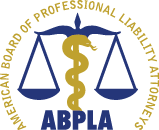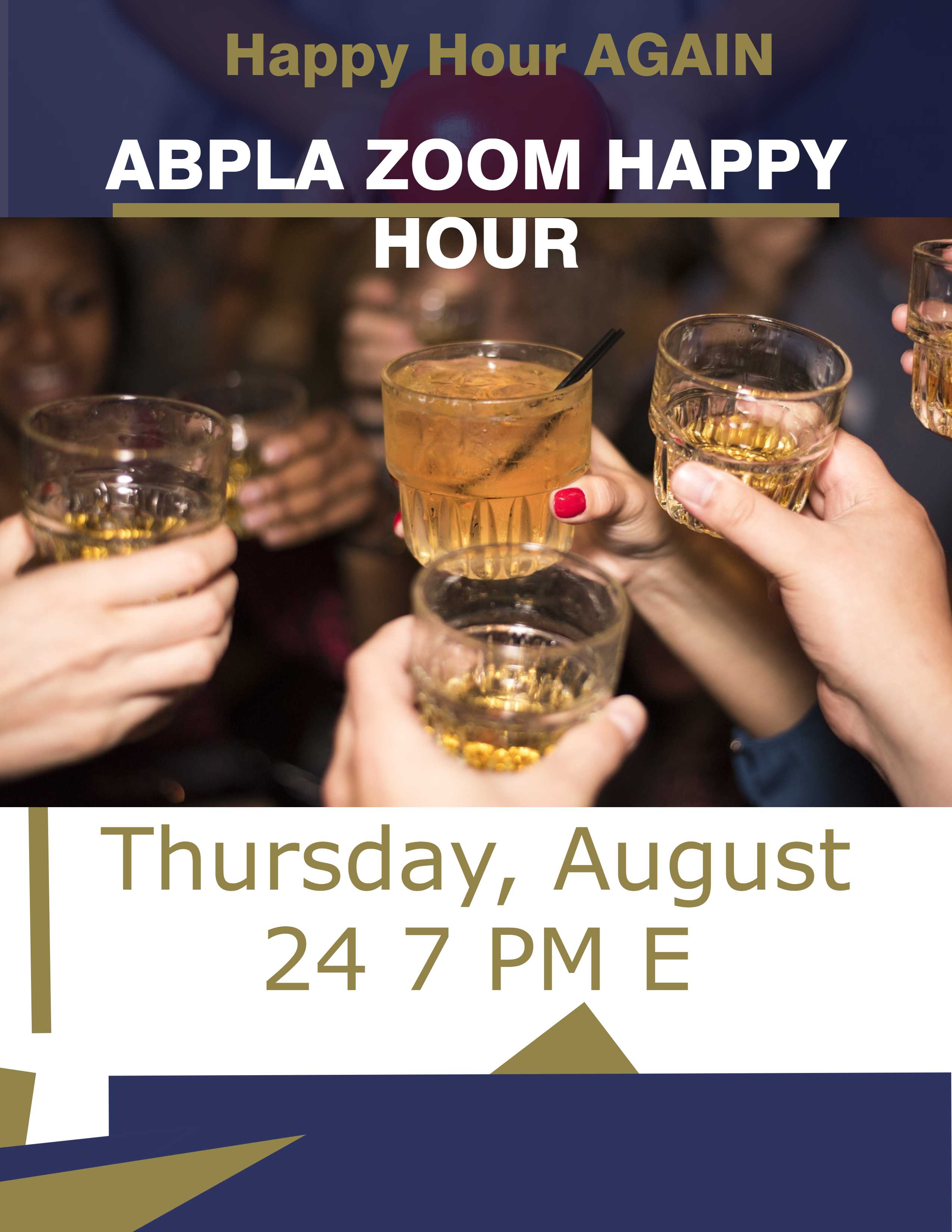|
(1) What is the written test like? The written examination, an ABA approved certification requirement, consists of 30 true-false-multiple choice questions and 4 essay questions. These questions are written by ABPLA Diplomates and are practical questions encountered in every day law practice. Many candidates fear that the written examination is like a law school or Bar examination. It isn’t. The questions are based on practical fact patterns encountered in everyday law practice in medical or legal malpractice. (2) Do I have to study for the examination? Probably not. We do recommend that you review the general principles involved in medical or legal malpractice lawsuits and review the everyday ethics associated with prosecuting or defending those malpractice lawsuits. Generally speaking, your specialty experience in these areas of law practice has prepared you to pass the written examination. (3) How long is the examination? Do I write my answers or can I use my computer? Examinees are given 4 hours to complete the examination. Examinees can either write their answers or use a computer to type their essay answers. If you use a computer be sure to be able to print your essay answers. We recommend you save your answers frequently as occasionally computers malfunction and the work is lost. (4) What advantage is there to being Board Certified? ABPLA is one of only 6 ABA approved and certified national legal certifying organizations. ABPLA is a national certification which can be the crowning achievement of your legal career because you earned the title Board Certified. This is a title that can be claimed by only a small but elite number of American Lawyers. Currently there are only 200 Board Certified Medical and Legal Malpractice Diplomates in the United States. While many lawyers have Super Lawyers-Best Lawyers designations those titles are not earned. They are basic popularity contests run by for-profit companies seeking advertising dollars. ABPLA Diplomates earn the title Board Certified by proof of years of dedication to a specialty, proof of competency by peer reviewed endorsements and peer reviewed written testing. That is the kind of competency the American public should demand from attorney specialists. (5) Can I advertise my Board Certification? That depends on the ethics rules of your state bar. Many states accept ABA certification of national organizations like ABPLA because we must follow the strict ABA rules in our certifying process. Those states allow advertising certification in accordance with U.S. Supreme Court opinion Peel v. Illinois. A few states still have rules against advertising specialty certification. You must check with your state bar regarding advertising rules related to specialization. (6) Isn’t ABPLA a plaintiff organization? No. ABPLA certifies lawyers who practice on either side of the docket. There are many defense lawyers who are ABPLA Diplomates in medical or legal malpractice. In fact two of the three ABPLA founders were professional malpractice defense lawyers. (7) What is the benefit to a defense lawyer being certified? The trend in legal practice is toward certification of attorney specialists in various area of law practice especially trial related areas. Many law schools are establishing third year and post graduate LLM programs to help graduates to be ready to practice law without further training. As a result, there is a movement to establish paths to board certification in the law schools. Thus the legal profession will see more and more board certified lawyers in the near future and they will have an advantage over the competition. And, just as hospitals, HMO, and physicians’ provider networks insist on their doctors being board certified, the day is coming soon when the legal services consuming public, individuals, insurance companies and corporations alike, will also insist that their lawyers be board certified. The advantage of a national board certification by an ABA approved entity is that it will be as recognizable as is medical board certification by the American Board of Medical Specialists. (8) What is ABPLA’s history? ABPLA was founded in 1972 by prominent Detroit plaintiff medical malpractice lawyer, Larry Charfoos, and two prominent Detroit medical and professional malpractice defense lawyers, Richard Kitch and William Booth. They were concerned that many lawyers dealing with the difficult and complex professional liability lawsuits were ill equipped to competently handle such suit and wanted to provide an organization that could encourage and develop specialist on both sides of the professional liability docket. ABPLA has had many prominent, nationally recognized Diplomates through the years. (9) Does ABPLA advertise board certification to the public? Yes. ABPLA list it Diplomates and their contact information on its web site which is easily accessible and searchable to anyone with a computer. ABPLA also has its own Wikipedia page describing the organization and its place in the ABA approved national certifying organizations. Recently, an important step in promoting Board Certification as the gold standard in legal practice was taken with the founding of American College of Board Certified Attorneys, a nonprofit organization devoted to promoting board certification and listing all board certified lawyers in the United States under one web site for easy access by the public. ACBCA is expected to be the voice for certification in the legal profession much as the American Board of Medical Specialties is the voice for physician certification in the United States. (10) Is ABPLA a part of ABA? No. ABPLA is a private non-profit entity existing solely for the purpose of certifying professional liability lawyers as specialist in medical and legal malpractice law and furthering the Diplomates’ education in those legal areas. ABA’s connection to ABPLA comes from the fact that after the Peel v. Illinois opinion in 1990, recognizing Peel’s right to advertise his board certification by National Board of Trial Advocacy, ABA assumed the task of regulating independent professional lawyer certifying organizations. ABA established the Standing Committee On Specialization delegating to the Committee the task of developing and conducting a process to accredit certifying organizations thereby insuring that one umbrella organization enforced uniform, minimum standards for private organization specialization certification. In 1993 ABA accepted The Standing Committee’s Standards and Governing Rules for Specialty Certification Programs For Lawyers. ABPLA has been certified continually under these ABA standards since 1995 having been recertified every 5 years since then. |

